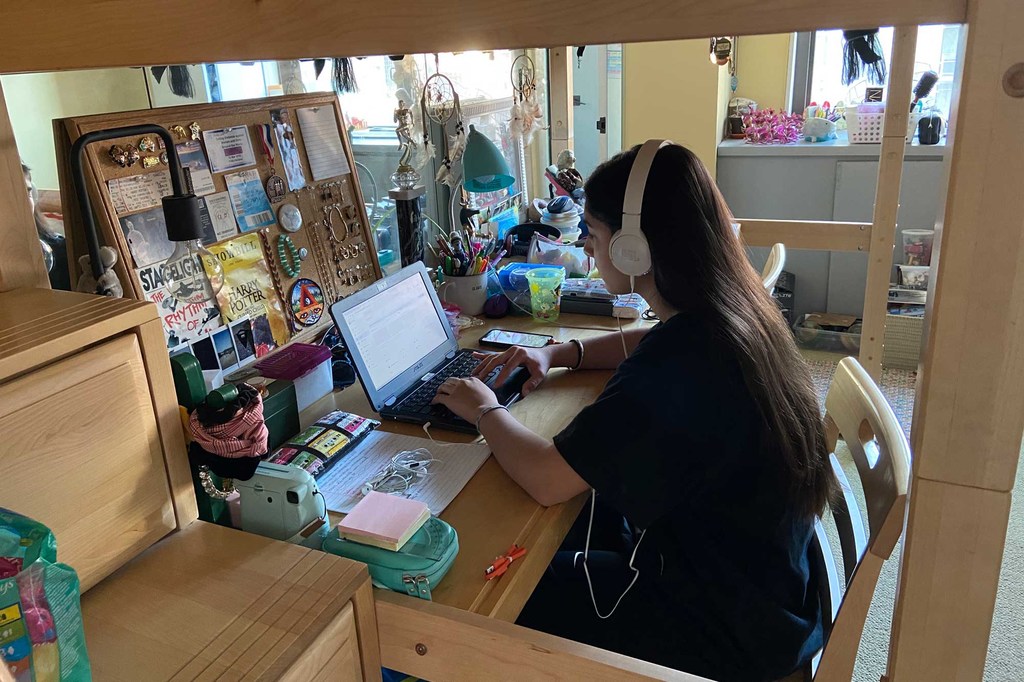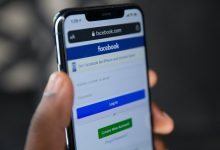Safer Internet Day: Prioritize and protect child well-being online
 Although millions of boys and girls worldwide have relied on the internet to play, socialize and learn during the COVID-19 pandemic, time online can also expose them to online sexual exploitation, cyberbullying and other risks, the head of the UN Children’s Fund (UNICEF) said on Tuesday.
Although millions of boys and girls worldwide have relied on the internet to play, socialize and learn during the COVID-19 pandemic, time online can also expose them to online sexual exploitation, cyberbullying and other risks, the head of the UN Children’s Fund (UNICEF) said on Tuesday.
UNICEF Executive Director Henrietta Fore is among experts expressing growing concern for the well-being of children who were already facing these online risks even before the pandemic.
“For children already experiencing harm or hurt – online or offline – the rise in screen time may have exacerbated their anguish”, she said in a statement marking Safer Internet Day.
“School closures, physical distancing, decreased services, and increased strain on already vulnerable families disrupted and reduced some of the protective measures available to them.”
Sexual predators lurking online
Due to the pandemic, children have seen their worlds shrink to just their homes and the screens of their computers, laptops, mobile phones or other devices.
However, the internet “wasn’t built with children’s safety in mind”, according to a UN-backed initiative working to eliminate online child sexual exploitation and abuse.
“At any one time, 750,000 individuals are estimated to be looking to connect with children online for sexual purposes, a challenge so large – and so complex – that no one entity can solve it alone”, the Global Partnership to End Violence Against Children said in supporting Safer Internet Day.
Meanwhile, UNICEF cited evidence which suggests more time online is leading to less outdoor activity for children, and also reduced sleep quality, increased symptoms of anxiety, and unhealthy eating habits.
A safer world for children
The UN agency believes Safer Internet Day can be an opportunity to reimagine a safer world for children online through prioritizing and protecting their physical and mental well-being.
“For children and young people themselves, preparing for a kinder, more connected world post-COVID means helping strike a balance between their online and offline worlds, nurturing safe, positive relationships with those around them, and having access to the support they need”, Ms. Fore said.
UNICEF has recommended three areas for action, starting with encouraging governments to train health, education and social service workers about the impact of COVID-19 on child well-being, and to ensure core services for child protection and mental health remain open during the pandemic and beyond.
Coronavirus Portal & News Updates
Readers can find information and guidance on the outbreak of the novel coronavirus (2019-nCoV) from the UN, World Health Organization and UN agencies here. For daily news updates from UN News, click here.
Parents should also receive support to help their children understand the risks of going online and using digital technologies. They also need to be alert to any related signs of distress.
Schools also have a role through granting children access to school-based counselling services, including virtually, and policies that respond to mental health and child protection concerns.
“For children and young people themselves, preparing for a kinder, more connected world post-COVID means helping strike a balance between their online and offline worlds, nurturing safe, positive relationships with those around them, and having access to the support they need,” said Ms. Fore.



